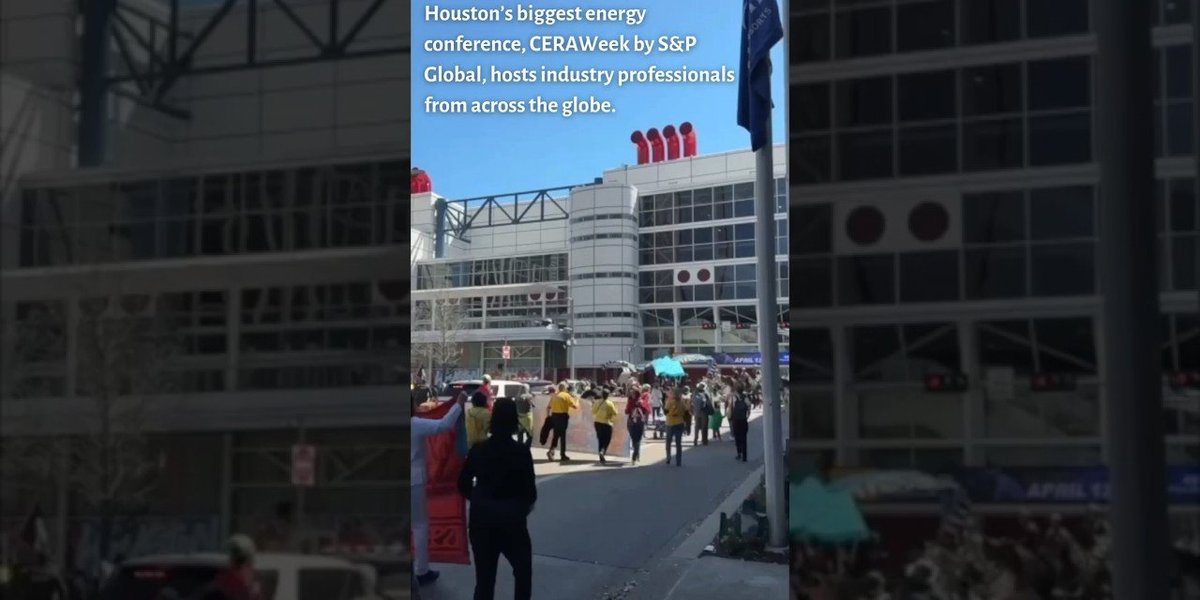solomon islands
Solomon Islands tribes generate income by selling carbon credits
In the Solomon Islands, Indigenous tribes are leveraging the lucrative carbon credit market to sustainably protect their ancient rainforests from logging while funneling vital income to their communities.
In short:
- Several Solomon Islands tribes have united to form the Babatana Rainforest Conservation Project, preserving their forests and selling carbon credits internationally.
- The project includes verified protected areas and employs local tribespeople as rangers, enhancing biodiversity and environmental stewardship.
- The initiative provides significant economic benefits to the tribes, supporting community developments like education and infrastructure.
Key quote:
"If we misuse or destroy this land, we will not have any other,"
— Linford Pitatamae, leader of the Sirebe tribe
Why this matters:
Natural habitats play a significant role in the carbon market because of their ability to sequester carbon naturally. By valuing the carbon stored in these ecosystems, the market incentivizes their preservation. For example, a forest that might otherwise be cleared for agriculture could be maintained as a carbon sink. The revenue from selling carbon credits can make conservation financially viable for landowners and communities, providing an economic alternative to destructive practices like deforestation.
Pacific former leaders say climate still biggest security threat
Climate change should be recognised as the Pacific region’s primary security threat as low-lying islands face the prospect of annihilation from rising sea levels, says a coalition of former Pacific heads of state ahead of a key regional forum next week.
Blinken says U.S. has a ‘long-term future’ in the Pacific Islands
From a forest in Papua New Guinea to a floor in Sydney: How China is getting rich off Pacific timber
An illegally logged tree, felled in the diminishing forests of Papua New Guinea, may well end up becoming floorboards in a Sydney living room, or a bookcase in a home in Seattle.
COVID-19 shutdowns slow response to tropical cyclone Harold in Pacific Islands
The shutdown of economies and the severing of transportation links due to the global coronavirus pandemic are complicating disaster response.



















